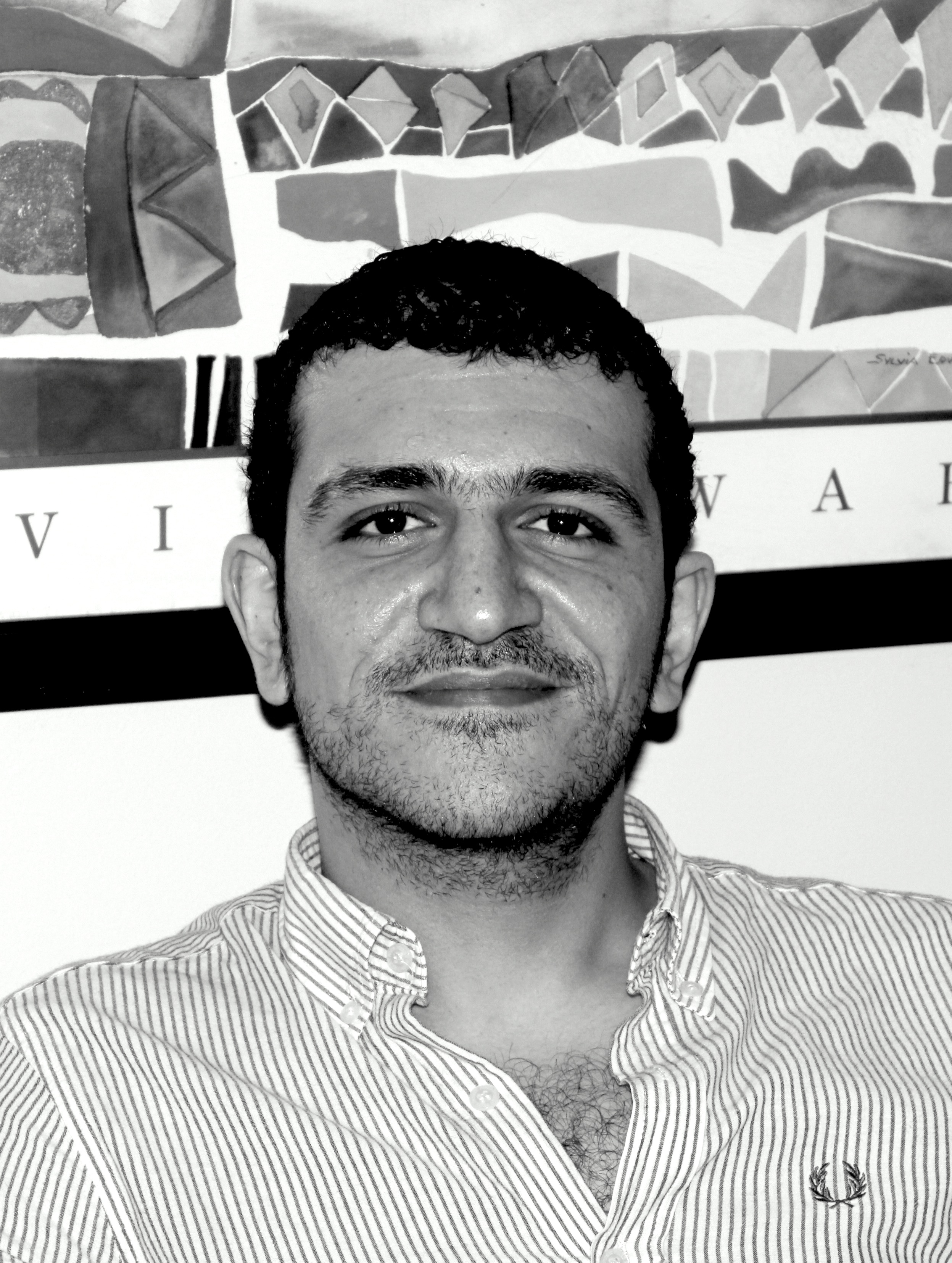Egypt’s Minister of Foreign Affairs and Expatriates, Badr Abdelatty, led the Egyptian delegation participating in the Political Consultation and Follow-up Committee meeting with Saudi Arabia in Riyadh on Monday.
The Saudi delegation was headed by Saudi Foreign Minister Prince Faisal bin Farhan. The committee convenes annually, with the location alternating between the two countries.
Prior to the committee session, Abdelatty held a bilateral meeting with his Saudi counterpart, Prince Faisal, according to Ambassador Tamim Khalaf, spokesperson for the Egyptian Ministry of Foreign Affairs. During this meeting, the ministers acknowledged the strong bilateral relations and the historical ties between the two nations, noting the rapid development observed in their relationship.
The spokesperson stated the meeting reflected a shared commitment to advancing cooperation, in line with directives from Egyptian President Abdel Fattah El-Sisi, Saudi King Salman bin Abdulaziz, and Crown Prince Mohammed bin Salman, aimed at deepening relations across various fields and coordinating on issues of common interest for the benefit of both populations.
During the main committee proceedings, the ministers discussed ways to support economic and investment relations. Minister Abdelatty emphasised the need to make full use of existing institutional economic frameworks between Egypt and Saudi Arabia and to encourage reciprocal visits by senior officials, business leaders, and investors.

He referred to the recent visit of a delegation from the Egyptian-Saudi Business Council and the Federation of Saudi Chambers to Cairo from April 12-14, which aimed to explore available investment opportunities. Abdelatty stressed the importance of building on the outcomes of this visit to enhance economic cooperation and increase Saudi investments in Egypt. He also highlighted interest in launching an Egyptian-Saudi Investment Forum as a significant step to bolster economic ties.
Agreement was reached on the importance of establishing the “Supreme Egyptian-Saudi Coordination Council” and initiating its activities as soon as possible. This council is intended to elevate cooperation between the two countries across political, economic, cultural, social, military, and security domains.
The Egyptian Foreign Minister outlined Egypt’s strategy to create an optimal environment for Saudi investors and business figures to encourage investment. He detailed incentives offered by Egypt to support foreign investment, alongside financial and tax reforms undertaken by the country. Abdelatty underscored the importance of translating the close ties and the enhanced institutional relationship into tangible benefits, aiming to achieve comprehensive and sustainable development aspirations for both nations. This includes striving to double the trade exchange volume between Egypt and Saudi Arabia to meet the expectations of both peoples. He also noted the significance of utilising the existing agreement on the promotion and protection of mutual investments to foster investment cooperation.
Furthermore, Abdelatty addressed the issue of industrial localisation and technology transfer, highlighting its high priority for the Egyptian state. He affirmed the importance of achieving integration between Egypt and Saudi Arabia in industrial sectors and described the facilities provided by the Egyptian government to industrial investors. The minister also pointed to the significance of aligning the Egyptian and Saudi Vision 2030 strategies and integrating the industrial strategies of both countries.
On regional matters, the ministers exchanged views on various issues of mutual concern. Foremost among these were developments in Gaza, including efforts towards de-escalation and securing a ceasefire, particularly given the deteriorating humanitarian situation in the Strip. Both sides reaffirmed their complete rejection of the displacement of Palestinians from their land. They also discussed the Arab-Islamic plan for reconstruction in Gaza and the proposed international conference, which Egypt intends to host in cooperation with the United Nations and the Palestinian government, focused on early recovery and reconstruction efforts in Gaza.
The committee meeting also included an exchange of perspectives on the latest developments concerning Sudan, Syria, Lebanon, the Horn of Africa, the crisis in Yemen, and maritime security in the Red Sea. There was an alignment of views between the two sides on these issues and a shared commitment to pursuing security and stability in the region.


